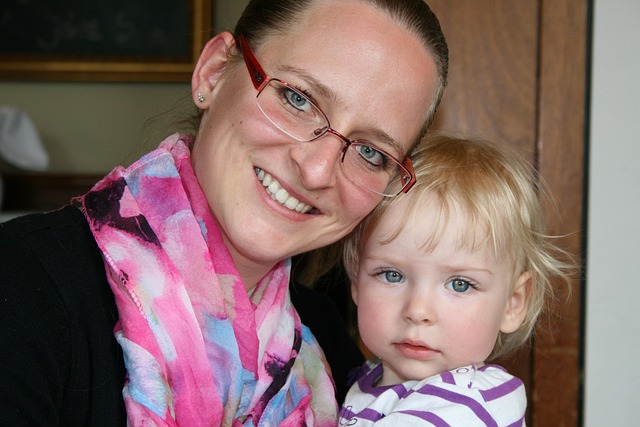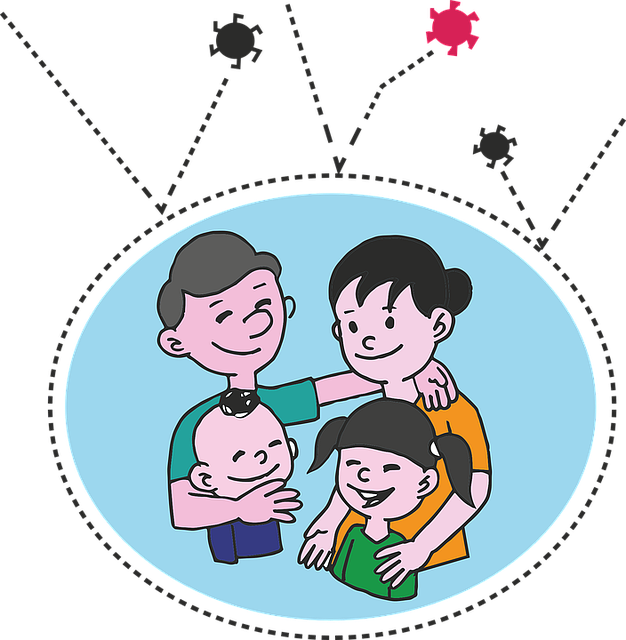Child Protective Services (CPS) in Oregon is a critical mechanism for ensuring children's safety, with laws designed to protect them and preserve familial bonds. Parents have specific rights during CPS interventions, including access to information and legal representation. Navigating CPS decisions involves understanding appeal grounds like procedural irregularities and evidence disputes. Favorable outcomes depend on robust defense strategies, involving evidence collection and expert testimony. Guardian Ad Litem (GAL) advocates represent children's interests independently. Post-hearing processes and appeals are crucial for fair outcomes, requiring understanding of Oregon's legal framework and timely, compelling arguments.
In Oregon, child protective services (CPS) play a pivotal role in ensuring the safety and well-being of vulnerable children. For parents and guardians facing CPS involvement, understanding their legal rights and strategies to defend against potential removals is paramount. This article delves into the intricate web of Oregon’s CPS law, offering insights on navigating legal processes, challenging decisions, and advocating for fair outcomes. From recognizing common grounds for dispute to leveraging evidence and testimony, we explore comprehensive defense mechanisms designed to safeguard family units.
- Understanding Child Protective Services Law in Oregon
- Legal Rights of Parents and Guardians During CPS Involvement
- Common Grounds for Challenging CPS Decisions
- Building a Strong Defense Strategy: Evidence and Testimony
- Representing Children's Interests: Guardian Ad Litem Role
- Post-Hearing Processes and Appeals: Ensuring Fair Outcomes
Understanding Child Protective Services Law in Oregon

In Oregon, Child Protective Services (CPS) plays a pivotal role in ensuring the safety and well-being of children. The state’s CPS law is designed to protect vulnerable kids and prevent harm by providing various services and interventions. These services range from family support and counseling to more severe measures like temporary or permanent custody removal. Understanding these laws is crucial for anyone involved in child welfare defense, as it enables effective navigation of the legal system.
Oregon’s child protective services law outlines the rights of both children and parents, detailing the process of reporting suspected abuse or neglect, investigation procedures, and potential outcomes. It emphasizes a comprehensive approach that considers the best interests of the child while also striving to preserve familial bonds whenever possible. By familiarizing themselves with these legal frameworks, defense attorneys can build robust strategies to advocate for their clients’ rights while ensuring the safety and security of Oregon’s youth.
Legal Rights of Parents and Guardians During CPS Involvement

When Child Protective Services (CPS) becomes involved in a family’s life, it’s crucial to understand the legal rights that parents and guardians possess. In Oregon, the law aims to balance protection of vulnerable children with preserving familial bonds. Parents have the right to know the specific allegations against them, access all documentation related to the case, and be present at all hearings. They can also request a lawyer to represent their interests during CPS involvement.
The child protective services law ensures that these rights are upheld throughout the process. Parents can challenge any information presented by CPS and offer their own evidence to protect their parental status. Knowing and exercising these legal rights is essential for effective defense in Oregon’s child welfare system, ensuring a fair process for all involved parties.
Common Grounds for Challenging CPS Decisions

In Oregon, Child Protective Services (CPS) decisions can be challenging, with many potential grounds for appeal. Common reasons include allegations of procedural irregularities, where there may have been a failure to follow proper legal protocols or ensure the family’s due process rights. This could involve issues like inadequate notices, limited access to records, or biased decision-making processes.
Another frequent challenge is based on the strength and accuracy of evidence presented. Families often dispute the veracity of witness testimonies, expert opinions, or documentary evidence used against them. They may argue that the CPS’s assessment of risks and threats to a child’s well-being is not supported by substantial evidence, especially when alternative explanations or mitigating factors are ignored. Understanding these common grounds is crucial for crafting effective legal strategies in defense of children and families involved with Oregon’s child protective services law.
Building a Strong Defense Strategy: Evidence and Testimony

Building a robust defense strategy in Oregon’s child protective services law is pivotal to ensuring the best outcome for all parties involved. The cornerstone of any defense lies in meticulous evidence collection and compelling testimony. Lawyers must gather comprehensive documentation, including medical records, educational reports, and detailed accounts from witnesses who can attest to the child’s well-being and family dynamics. This may involve interviews with teachers, healthcare providers, and other professionals who have interacted with the child and family.
Testimony plays a crucial role in shaping the narrative. Experts like psychologists or social workers can provide valuable insights into the child’s mental state and family interactions, offering alternative explanations for any concerning behaviors. Furthermore, the defense should emphasize the strength of relationships within the family unit, highlighting efforts made to resolve issues and ensure the child’s safety and security without resorting to removal from their care.
Representing Children's Interests: Guardian Ad Litem Role

In Oregon, representing children’s interests in legal proceedings related to child protective services (CPS) is a critical role played by Guardian Ad Litem (GAL) advocates. The GAL is appointed by the court to act on behalf of the child’s best interest, ensuring their voice is heard and their needs are met during CPS cases. This independent advocate conducts thorough investigations, interviews relevant individuals, and presents evidence to the court to make informed decisions regarding the child’s future.
The Guardian Ad Litem serves as an objective party, working closely with social workers and attorneys involved in the case. They aim to protect the child’s rights and well-being while navigating complex legal processes. By advocating for the child’s interests, the GAL helps ensure that any decisions made are in line with the child’s long-term best interest, fostering a safe and stable environment as per Oregon’s CPS law.
Post-Hearing Processes and Appeals: Ensuring Fair Outcomes

After a hearing in child protective services law cases, the court will issue its decision, which may include temporary orders regarding the care and custody of the involved children. Both parties have the right to appeal if they believe the outcome was unfair or unsupported by the evidence. Appeals are handled by higher courts, which review the case files, witness testimonies, and legal arguments presented during the initial hearing.
To ensure fair outcomes, it is crucial for defense attorneys to familiarize themselves with the post-hearing processes and appeals procedures in Oregon. This includes understanding the deadlines for filing appeals, preparing comprehensive appellate briefs, and presenting compelling arguments that highlight any procedural errors or misapplications of the law. Effective navigation of these steps can lead to favorable resolutions, ultimately safeguarding the best interests of the child while upholding the principles of justice within the child protective services legal framework.






